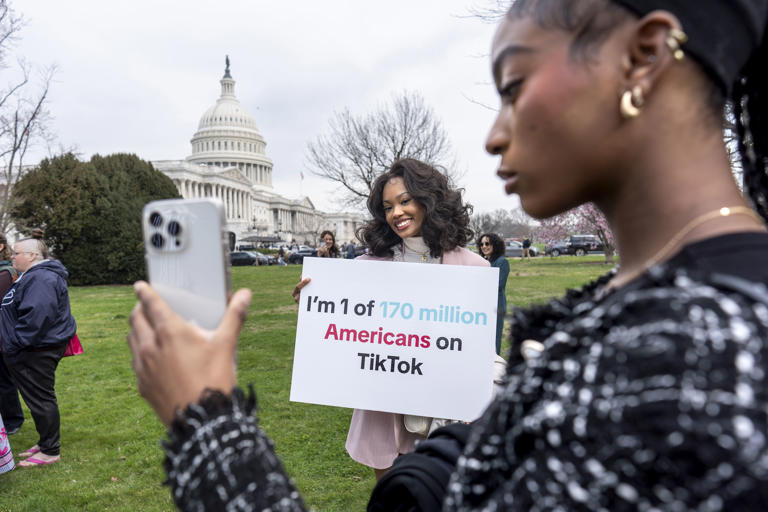TikTok’s Legislative Hurdles
The recent introduction of a bill aimed at regulating the operations of TikTok in the United States has stirred considerable debate among lawmakers and industry experts. This move underscores the mounting concerns over data privacy and national security issues associated with the China-based ownership of the app.
Understanding the TikTok Bill
The bill, which was passed by the House, necessitates that TikTok’s China-based owner, ByteDance, must relinquish its stake in the app or face a potential ban in the U.S. The unprecedented legislative effort reflects a broader initiative to rein in the influence of technology companies that are perceived to be under the control of foreign adversaries.
The Impact on Tech Industry Regulation
This legislative challenge is indicative of a larger trend towards stringent tech industry regulation. With the fate of TikTok hanging in the balance, other tech giants are closely monitoring the situation, anticipating the potential ramifications that such regulatory measures may have on their own operations.
The Future of TikTok and the Creator Economy
TikTok has become an integral platform within the creator economy, fostering partnerships, and influencing trending music licensing. The outcome of this legislative battle will not only determine the app’s future in the U.S. but also have a far-reaching impact on the digital landscape and the burgeoning creator economy.
Legislation’s Broader Implications
As TikTok’s lobbying efforts intensify, industry stakeholders are keenly aware of the broader implications such legislation could bear on the tech sector. The potential for increased governmental oversight and mandatory divestments for tech firms with foreign ties is a clear signal that the industry’s regulatory environment is fast evolving.
Debate Among Lawmakers
Lawmakers are divided on the approach to regulating TikTok, with some advocating for a hardline stance, while others call for a more nuanced solution that balances national security interests with economic considerations. The bill’s uncertain fate in the Senate further complicates the legislative process, leaving the app’s status in limbo.
The Stalling of Tech Legislation
The slow pace at which tech legislation is moving through the Senate highlights the complex nature of regulating a dynamic and rapidly changing industry. The stalling of the TikTok bill points to the difficulties in achieving consensus on how to effectively govern the tech sector’s intersection with national security and privacy concerns.
Stakeholder Responses
Amid the legislative uncertainty, stakeholders from various sectors, including the beauty and fashion industries, have expressed their concerns. These companies, which have seen a significant boost in sales through TikTok, are now facing the daunting prospect of re-evaluating their marketing strategies in the wake of potential regulatory changes.
TikTok Shop and Investor Outlook
The ambitious growth targets set by TikTok Shop for 2024 present a lucrative opportunity for beauty brands and investors. However, the looming legislative challenges have cast a shadow of uncertainty, prompting a cautious approach from stakeholders looking to capitalize on the platform’s expansive reach.
The Industry’s Adaption to Change
The tech industry is no stranger to adaptability and innovation. Regardless of the outcome of the TikTok legislation, the industry is poised to navigate the changes, ensuring the continued growth and evolution of the digital ecosystem.
Conclusion: Navigating the Legislative Maze
The TikTok bill represents a pivotal moment in tech industry regulation. The ongoing debate and the eventual resolution will set a precedent for how the U.S. addresses the complex challenges posed by technology companies with foreign links. As the industry watches on, TikTok’s journey through the legislative maze will be a defining case study for years to come.
